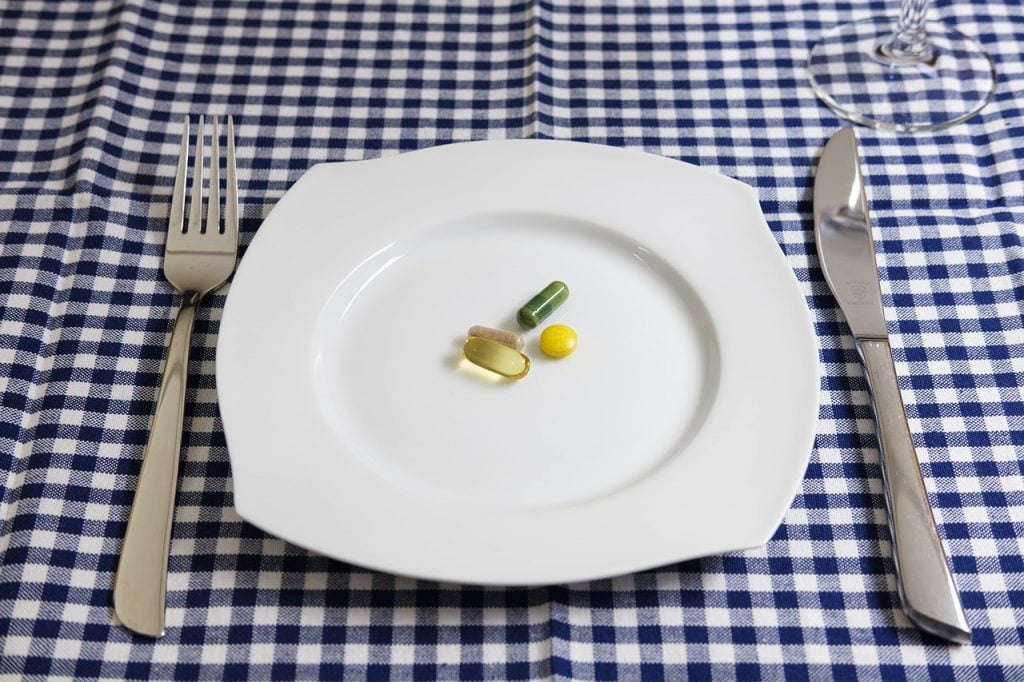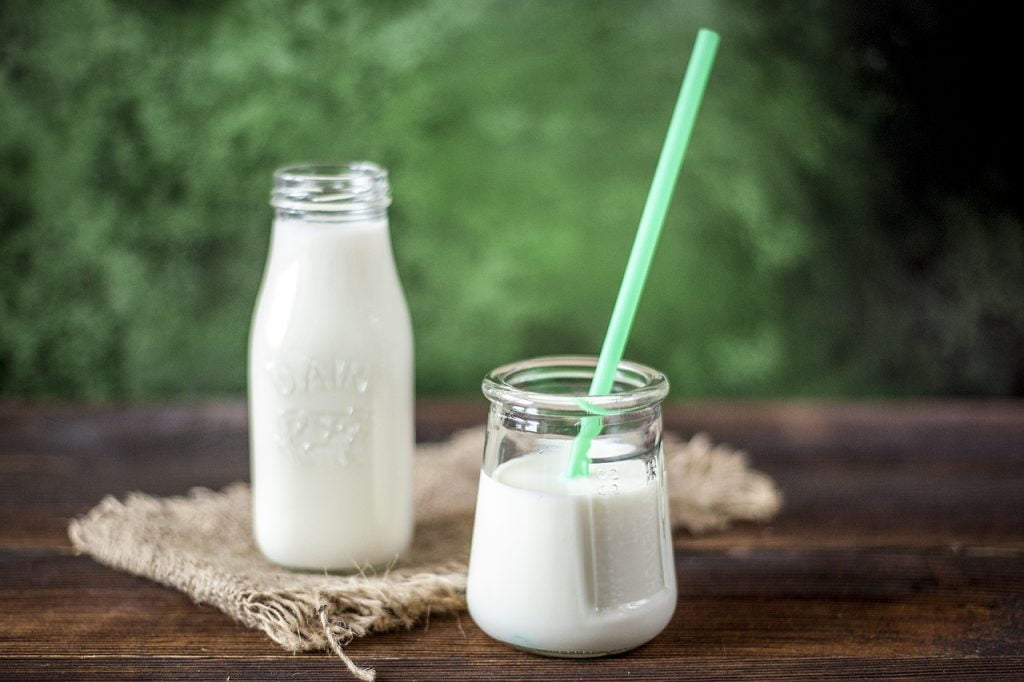Probiotics, live microorganisms of “good” bacteria and yeasts found in food and supplements, have long been believed to promote digestive health and help ward off illnesses. Probiotics are among the most commonly consumed dietary supplements and over 60 percent of healthcare providers prescribe them to patients, according to a 2017 study.
Another 2017 report, based on ingredient type, application, and regions showed that the global probiotics market is valued at some $40 billion, and is expected grow to about $66 billion by 2024.
A newly published Israeli study on the benefits of probiotics, which have not been definitely medically proven, pours cold water on the idea that regularly ingesting the “good” bacteria has any health advantages and questions whether they may, in some cases, cause harm.
In two separate reports published in the September 6, 2018 issue of the scientific journal Cell, Israeli scientists from the Weizmann Institute of Science showed how a concoction of 11 strains of the most widely used probiotics tested on mice and on humans, were sometimes “less than beneficial,” according to a press release this week by the university.
SEE ALSO: On The Menu: 12 Food-Agri Tech Startups To Watch In 2018
In the human study, 25 healthy volunteers were divided into two groups, one of which was given the 11-strain probiotic preparation and one which took placebo pills for a period of four weeks. All of them underwent an upper endoscopy and a colonoscopy prior to starting the study, and three weeks into the four-week treatment they underwent a second round of the tests to assess their responses to the probiotics or placebo.
In the study, led by research teams from the labs of Professor Eran Elinav of the university’s Immunology Department and Professor Eran Segal of the Computer Science and Applied Mathematics Department, the scientists were looking to see if the bacteria had successfully colonized the gut and whether there were any changes in activity in the microbiome, the tens of trillions of microorganisms that live in the environment, also known as gut flora.
According to the press release, they found that the probiotics’ gut colonization was highly individual. And in some cases, they were considered quite useless, having zero effects.
“Our results suggest that probiotics should not be universally given to the public as a ‘one size fits all’ supplement,” says Elinav. “Instead, they could be tailored to each individual and their particular needs. Our findings even suggest how such personalization might be carried out.”
The study found that in the mice, the probiotics encountered a general resistance to mucosal colonization, while humans “featured person-, region- and strain-specific mucosal colonization patterns.”
The scientists found that they fell into two main groups, according to the university statement: “The ‘persisters’ guts hosted the probiotic microbes while the microbiomes of ‘resisters’ expelled them. The team found they could predict whether a person would be a persister or resister just by examining their baseline microbiome and host gene expression profile. Persisters, they noted, exhibited changes to their native microbiome and gut gene expression profile, while resisters did not have such changes.”
Sign up for our free weekly newsletter
SubscribeSegal says “these results add to our previous ones on diet that had revealed a similar individual response to foods, and which have highlighted the role of the gut microbiome in driving very specific clinical differences between people.”
The first study concluded that “empiric probiotics supplementation may be limited in universally and persistently impacting the gut mucosa, meriting development of new personalized probiotic approaches.”
“Just buying probiotics at the supermarket without any tailoring, without any adjustment to the host, at least in part of the population, is quite useless,” Elinav told the BBC.
In the second study, the scientists examined the effects of probiotics after a course of antibiotics. They administered wide-spectrum antibiotics to 21 human volunteers, who then underwent an upper endoscopy and colonoscopy to observe any changes to both the gut and its microbiome.
The volunteers were divided into three groups: the “watch and wait” group, where scientists let their microbiome recover on its own; the group that was administered the 11-strain probiotic preparation over a four-week period; and the group that was treated with an autologous fecal microbiome transplant (aFMT), made up of their own bacteria that had been collected before giving them the antibiotic.
SEE ALSO: Diet Startup ‘DayTwo’ Creates Unique Personalized Diets By Checking Your… Gut Bacteria
The scientists said they were surprised to find that in the case of the group that was administered the concoction, the probiotics had more success colonizing the gut but they also significantly delayed the restoration in the microbiome of healthy bacteria for months. By contrast, those treated with the aFMT had their native gut microbiome restored within days.
“These results,” says Elinav, “reveal a new and potentially alarming adverse side effect of probiotic use with antibiotics that might even bring long-term consequences. In contrast, personalized treatment – replenishing the gut with one’s own microbes – was associated with a full reversal of the drugs’ effects.”
“Contrary to the current dogma that probiotics are harmless and benefit everyone, we suggest that probiotics preparations should be tailored to individuals, or that such treatments such as autologous FMT may be indicated in some cases,” Segal concluded.
Related posts

Israeli Medical Technologies That Could Change The World

Harnessing Our Own Bodies For Side Effect-Free Weight Loss

Missing Protein Could Unlock Treatment For Aggressive Lung Cancer






Facebook comments